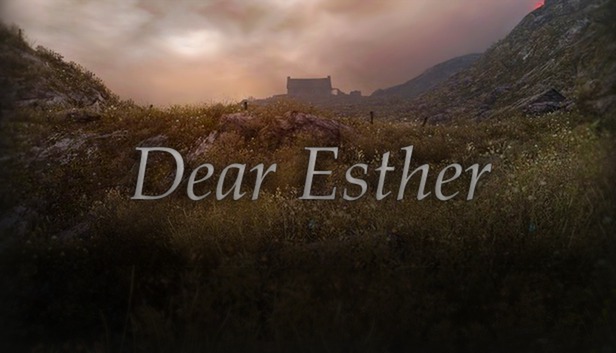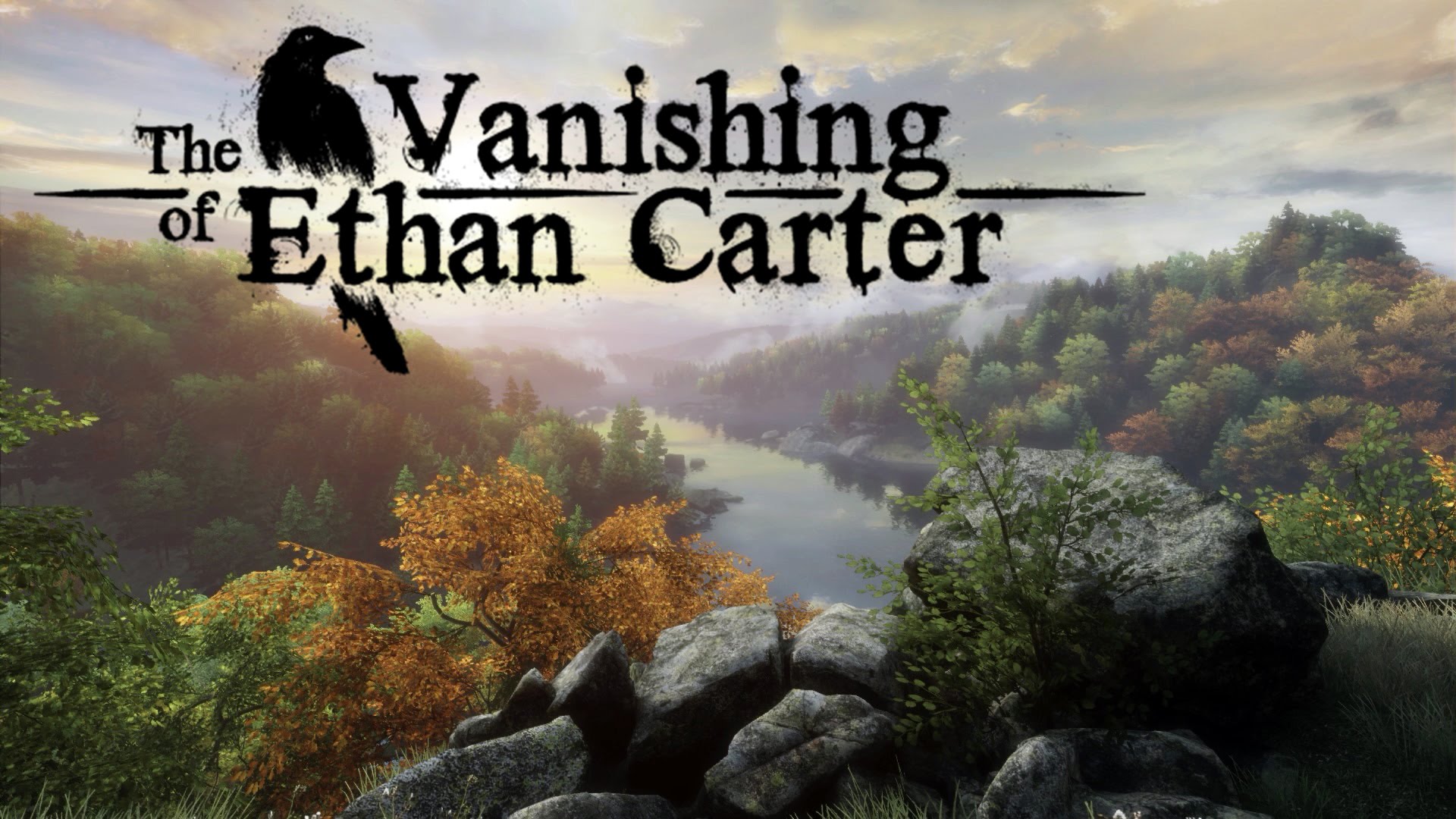I’m just going to put this out there: I hate those types of games that I like to dub “walking simulators.” It’s not a term I came up with (I have to thank Jim Sterling for that), but I’m sure most of you are familiar with what I’m talking about.
Games that fit this criteria are ones such as Everybody’s Gone To The Rapture, Dear Esther, The Vanishing of Ethan Carter, and Gone Home. These games are unique in that they have almost no action at all and often have little interactivity in their worlds. They mostly focus on the atmosphere and story that they are trying to tell.
Honestly, I wouldn’t even consider them to be “games.” Yet, a lot of these “walking simulators” are very popular. I have always questioned why this is the case. I still don’t really know. Now, I have played each of these games and I loathe them. Really, they frustrate me to no end. Never has a game caused this kind of frustration that feels like a nail is being hammered into my mind.
So, here is why I feel that these games are controversial. Time for another unpopular opinion from yours truly, MetalMack.
Are they actually games?
So here’s the big question: are these walking simulators actually games?
I would argue that they are not.
The biggest reason for me is the interactivity. When I think about what to expect from a video game, I expect some kind of interactivity with the environment or influence on the story/world as a player. That, to me, is what separates video games from movies. Movies show you and tell you the story without hardly any input from its audience. Games allow audience influence. To me, that’s the biggest reason why I hate these “walking simulators.”
There is no influence from the player. Sure, you can maybe pick up a few items here and there and mess around with them. But other than that, your interactions in the world of the game have a null effect. It doesn’t matter. Heck, and some of these games don’t even allow you to pick up things! You just walk around and are told a story through narration, off-hand dialogue, or notes left behind. That takes away the essence of what a game actually is.
I’m going to give you folks an example of the difference between a “walking simulator” and a real game. The first video you will see here is gameplay from Telltale’s The Walking Dead series:
And here’s one from Everybody’s Gone To The Rapture:
Do you see the major differences between these two? They’re pretty similar in fashion. But what makes The Walking Dead an actual game instead of Everybody’s Gone To The Rapture is the interactivity and influence of the player. As Lee, the choices you make and the actions/inactions you take have a great effect on the world, the story, and the character’s interactions with you. This is not the case at all with Everybody’s Gone To The Rapture. You are told a story and walk around to find more parts to it. That’s it.
I’ll give these walking simulators a lot of credit for making some beautiful environments. But I can the same effect from watching a movie, pay far less for the experience, and not feel like I was cheated out of being a part of this unique world.
So now, we come to what separates these “games” from the rest: their story and atmosphere.
Their “Narratives” Suck

Yeah. I said it.
With a few exceptions, games of this genre just don’t have interesting stories to tell. But, more importantly, it’s more of how they tell it that’s the worst part. Again, it all comes back to interactivity.
But I enjoyed playing The Stanley Parable. What separates it from the rest of the pack?
The Stanley Parable is simply entertaining. It has a funny and interesting story to tell. You want to unravel the story, which is pretty much total insanity, and you have fun doing it. It kept my interest and made me want to play more. And what’s more, The Stanley Parable actually has some of that interactivity I keep harping about. You can choose to follow the narrator’s instructions…or not. You can do any number of things at different junctures — you know, like a real game.
But The Stanley Parable is an exception to the rule, not the standard.
Games like Dear Esther are the standard. And you can literally complete a game like Dear Esther in as little as an hour — it’s not even the length of a feature film!
If you watched the video, I’d like to know how is this an enriching gaming experience? You are just being told the story through narration. I mean, isn’t this pretty much like a movie at this point? If so, why would you waste your time with this? If you really like the story then sure, I can’t take that away from you. But if you find it to be lackluster and boring, then why are these games still really popular?
I’m not sure to this day.
And I really hate it.
Thing is, these “games” are doing a considerable harm to the industry. The most obvious is the effect on your wallet. A lot of these “games” run for $10+, sometimes more. That’s a lot of money to invest into a “game” where all you do is walk around, look at the environment, and are told things. For those who love that sort of thing, the more power to you. But I would like to believe that gamers want to play games for the money they put in, not what’s essentially a simulator.
In some sense, these “walking simulators” also manipulate their potential customers. If you look on some of their Steam pages, these simulators use short little trailers and descriptions to make you interested enough to buy into the “game”. Here is the trailer for The Vanishing of Ethan Carter:
Seems really interesting, right? You don’t know much of what’s going on but man, it looks cool right? The Steam page also really hypes it up, making it seem more than what it is. I think that for “walking simulators”, The Vanishing of Ethan Carter is alright, mostly because the beginning of the mystery really hooked me in (until the end of course). But, for $20? Is it really worth that kind of investment? I don’t think so.
We as gamers need to be more cautious when it comes to this kind of genre. These simulators are manipulating you to put down a chunk of money for that is essentially half a game. It feels similar to when triple-AAA companies release their games unfinished. But it’s almost as if these simulators were made to be unfinished. And you pay to keep it that way.
Again, for those who really love these simulators, then that’s great. You should never sacrifice a love or like you have because someone like me doesn’t like it at all. But, as for those who aren’t hardcore fans of the genre, I urge caution. Because you might be out $20 for something you ended up not liking (or even playing) at all.
Thank God for Steam refunds.
What do you think of my opinion? What are your thoughts? Start the discussion below!








Published: Apr 10, 2016 02:25 pm